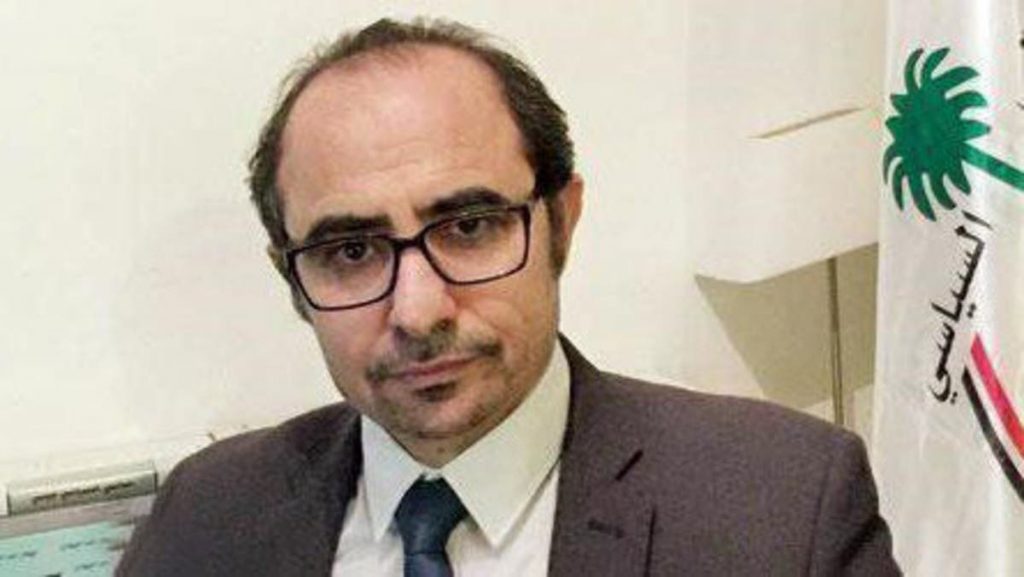STOCKHOLM: Sweden said Tuesday it had not been granted consular access to a Swedish-Iranian dissident who is detained in Iran after disappearing during a visit to Turkey in October.
Iran’s state media in November reported the arrest of Habib Chaab, a political dissident living in exile in Sweden.
A spokesman for Sweden’s foreign ministry said Tuesday its diplomats had still not been given consular access to Chaab, who has Swedish citizenship.
“Immediately when we learned of the reports we investigated through our foreign missions in Turkey and Iran. The case has also been raised with Turkey’s and Iran’s ambassadors to Stockholm,” Erik Karlsson at the foreign ministry told AFP.
Tehran accuses Chaab of being a leading figure in the Arab separatist group known as the Arab Struggle Movement for the Liberation of Ahvaz (ASMLA), which Iran has designated a terrorist organisation.
The report provided no details about how he ended up in Iranian custody, but he disappeared during a visit to Turkey in mid-October.
Turkish police said Monday they had arrested 11 people suspected of spying for Iran and abducting the Iranian dissident.
In November, Chaab appeared on Iranian state television in a video in which he said he confessed to armed robbery and working with Saudi intelligence services.
He also claimed responsibility for an attack on a military parade in September 2018 in the city of Ahvaz that left at least 29 people dead.
Such videos are common in Iran and are frequently condemned by rights groups arguing that confessions are often forced and the result of torture.
Sweden and Iran already butted heads last month after Swedish Foreign Minister Ann Linde urged Tehran to call off the planned execution of Iranian-Swedish academic Ahmadreza Djalali, who was sentenced to death in Iran three years ago for spying.
Iran at first denounced the “interference” from Sweden, but in early December Djalali’s wife told AFP that she had learned from her husband’s lawyer that the execution had been postponed.

